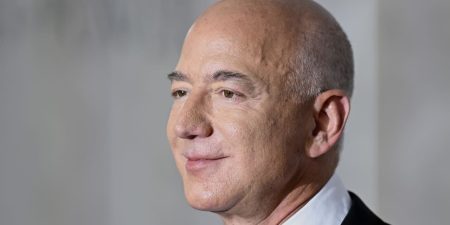By Paulo Trevisani and Jeffrey T. Lewis
Brazil’s central bank cut its benchmark interest rate by half a percentage point, the first change to the rate in a year, and said it expects to make more cuts of the same size at coming policy meetings.
The bank’s monetary policy committee, or Copom, reduced its key Selic rate to 13.25% from 13.75%, after raising it to that level in August 2022. The move reverses a rate-increase cycle launched in March 2021 when the Selic was at a record low of 2%.
The bank said it considered cutting the Selic by only a quarter-point, but chose to make a larger cut because of continuing improvement in the country’s inflation outlook.
“If the scenario evolves as expected, the committee members unanimously anticipate further reductions of the same magnitude in the next meetings, and it judges that this pace is appropriate to keep the necessary contractionary monetary policy for the disinflationary process,” the Central Bank of Brazil said in a statement.
Five members of the Copom voted for the half-point cut, while the other four voted for a quarter-point cut.
The likely start of a rate-cutting cycle comes after the bank’s efforts to slow consumer price increases helped bring the 12-month inflation rate down from an almost 19-year high. In June, the rate stood at 3.16%, down from 12.13% in April 2022, which was the slowest pace for inflation growth since October 2020. Consumer prices declined 0.08% in June from May.
The bank began raising the Selic after inflation started to pick up toward the end of 2020 and then rose more rapidly as the country’s economy recovered from the pandemic-induced slowdown. The Russian invasion of Ukraine later pushed inflation even higher as energy and food prices gained amid supply disruptions.
Higher interest rates are now having the expected impact on inflation and the economy, and other factors are also helping calm concerns at the central bank, said Matheus Pizzani, an economist at brokerage CM Capital.
“The more recent evolution of inflation has been closer to what was hoped,” Pizzani said. High rates are helping slow the economy, concerns about the new Brazilian government’s fiscal policies have eased and the outlook for services inflation is improving, he said.
Write to Paulo Trevisani at [email protected]
Read the full article here















